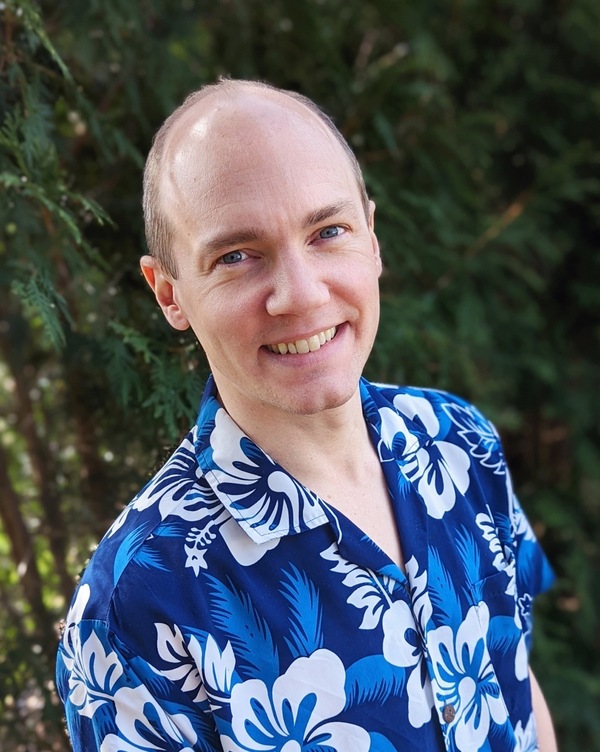When he was a child, Evan Kirby, associate professor in the Department of Physics and Astronomy, was fascinated by aviation. This interest eventually morphed into a passion for studying the cosmos.

“It seemed to be just to be a natural connection between aviation and studying further up in the sky,” he said.
Kirby’s research examines where elements on the periodic table come from. One aspect of his current research involves identifying the origins of manganese and nickel. Like most elements, manganese and nickel come from cosmic explosions. Specifically, these two elements can be formed from a white dwarf explosion that occurs at a high density. Kirby studies what causes white dwarfs to explode and has shown that there are more than a few pathways for these explosions, opening up a greater number of possibilities for how to create elements on the periodic table.
Kirby first became interested in astrophysics when he read research about the ongoing acceleration of the universe's expansion.
“We've known for a while the universe is expanding, but in the late 1990s, it was discovered that the rate of expansion is accelerating. I was reading about it in real-time in the late 90s, and I really wanted to be a part of that,” he said.
Kirby looks forward to conducting his research at the University of Notre Dame and appreciates the emphasis placed on fostering intradepartmental connections between nuclear physics and astrophysics.
“One of the nearly unique strengths of this department is the very strong connection between the nuclear physicists and the astrophysicists. I'm really interested in the origin of the periodic table and where the elements come from, and that's really a nuclear physics question that astrophysics can help answer,” he explained.
Kirby also appreciates the connections he has made with faculty members in different departments. His previous institution focused only on science, so he is excited to be at an institution with not only a strong science program but a prominent humanities focus. He enjoys being able to talk with people with many different areas of expertise.
Though he has a love for research, Kirby said the most exciting part of his job is teaching.
“I used to say the most enjoyable part of my job was going and observing using the telescopes, but now I can say, without irony, that it's teaching. I love being in the classroom and teaching,” he said.